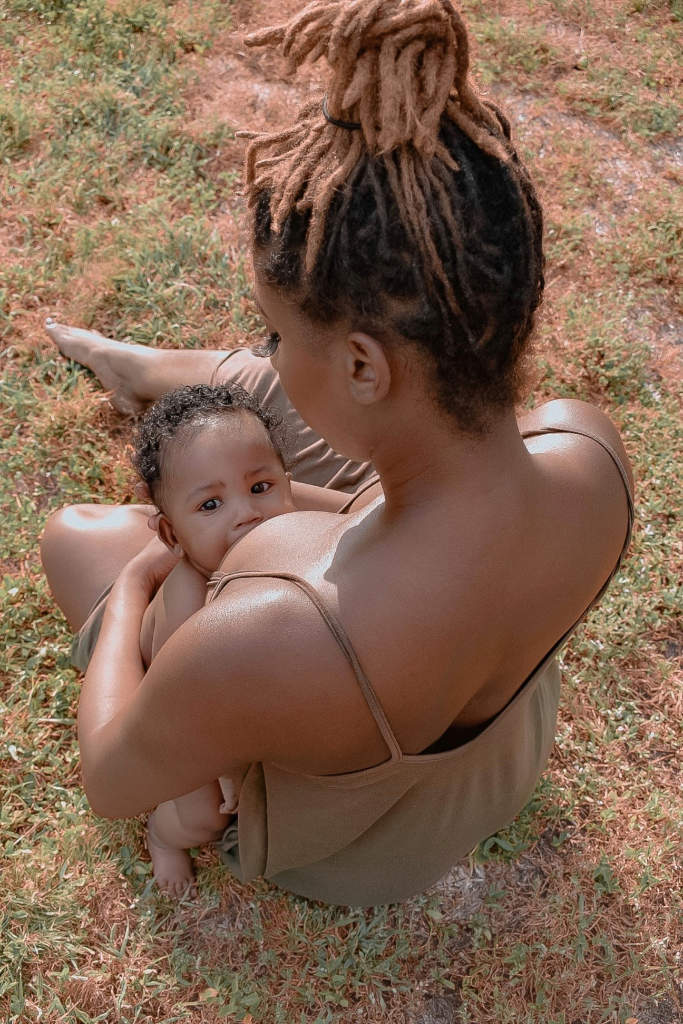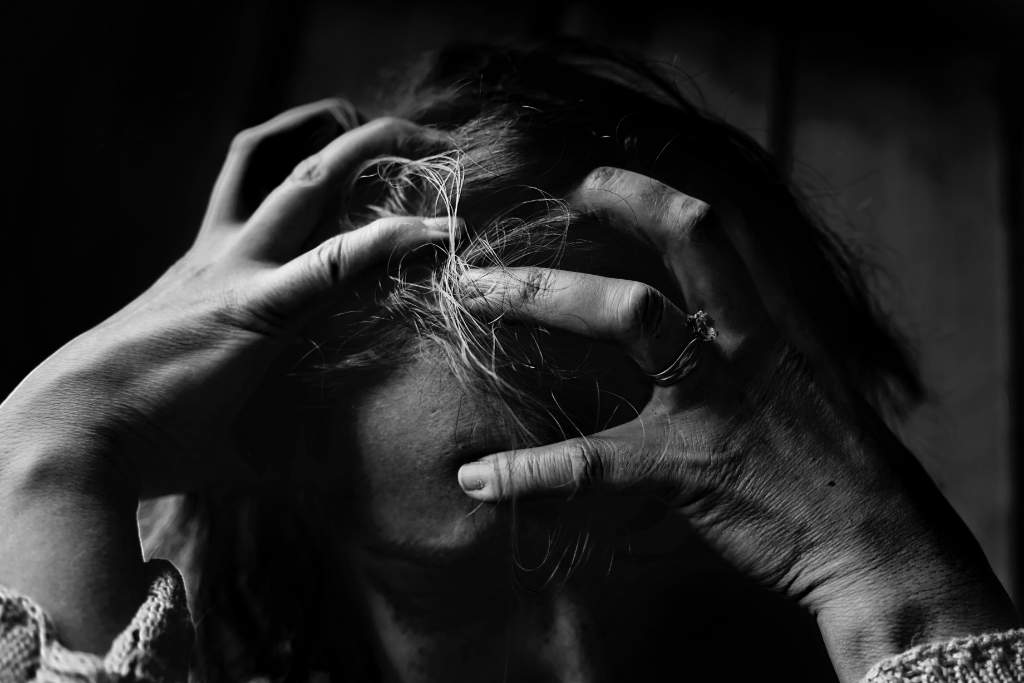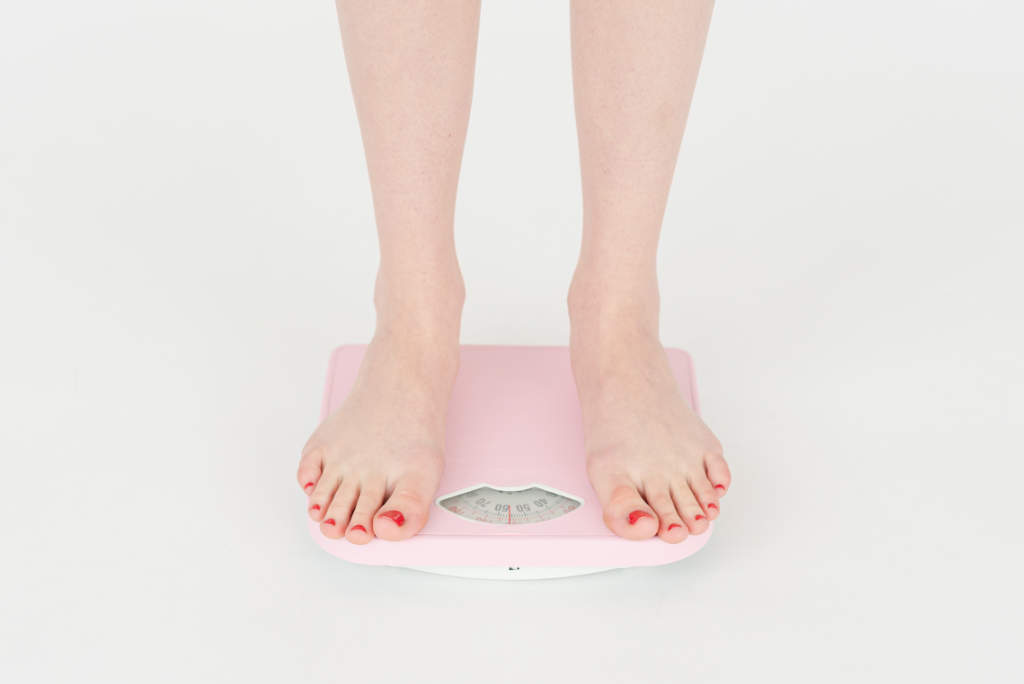
Breastfeeding can be a long and difficult journey, filled with highs and lows. Coming to the end of that season in your life can be difficult for many reasons. It doesn’t matter how long you breastfeed; two months or two years, your body needs time to adjust once you decide to wean.
From the very beginning of your pregnancy your body began to change. These changes were caused by chemical signals called hormones. Throughout your pregnancy, birth and in the postpartum period your hormones have fluctuated and prepared your body for child bearing, birth and breastfeeding. So how do your hormones balance after you wean from breastfeeding?
As you may remember during your pregnancy, the changes in hormones cause changes to your body, but also changes in behavior and brain function. You may have felt more emotional at different points of your pregnancy. A phenomenon of parental “brain fog” (sometimes referred to as “mom brain”) can be a result of the hormonal changes in your body. And similarly, breastfeeding, and stopping breastfeeding causes some big hormonal changes in the body. Is there anything we can do to help the body balance out after weaning? How can we make this transition smoothly?
How long does it take for hormones to balance after weaning?
When you wean from breastfeeding the hormones that help you produce milk (prolactin and oxytocin) go down. As this happens, your estrogen and progesterone hormone levels come up to balance out. This process can take about three months for your body to recalibrate and find balance.
Hormones that become lower after weaning
- Oxytocin: promotes mother-infant bonding
- Prolactin: stimulates milk production
Hormones that increase after weaning
- Estrogen: regulates menstrual cycle
- Progesterone: prepares the body for potential pregnancy

What happens to your body after weaning?
Chemically, the body is making a shift from producing milk to nurture your baby to preparing for another pregnancy. Weaning is the signal to the body that it can start getting ready to make another baby. Though you certainly don’t have to! It just means that your menstrual cycle will likely return full force once you wean completely, if it hasn’t already.
Some people do not see the return of their menstrual cycle until they wean from breastfeeding. This is because your estrogen level is lower when you produce breast milk. Estrogen and progesterone level fluctuations are what regulates ovulation. So when you stop producing milk, these levels return, and so does your regular period.
These hormonal changes can also cause changes to the physical appearance of your breasts. During pregnancy your areolas likely got bigger and darker, making them easier for your baby to see. Now that your hormones are balancing out, your areolas will likely become smaller and lighter again.
Physically, your body has been through a lot. It has grown and shrank again, swollen and emptied. Your breasts filled with milk only to be suckled by your little one. This can leave the skin feeling droopy, less elastic. You may have stretch marks on your breasts from the rapid growth.
Do your hormones go crazy after you stop breastfeeding?
As we already know, your hormones have been all over the place throughout your pregnancy, during birth and in your postpartum period! So it should be no big surprise that once you wean from breastfeeding your body will undergo another chemical change.
But are your hormones really going crazy? Or do you just feel a little crazy as you adjust, once again, to this shift in your body?
As we discussed above, your brain experiences just as much change as your physical body during these transitions. The hormonal changes can cause that brain fog, your emotions can fluctuate rapidly, and you may feel your emotions more strongly.
Certainly you might feel a little bit off. Your emotions might be taking you for a ride. Highs and lows can come rapidly, which may be shocking to experience. And because we identify so deeply with our emotions it can be challenging to take a step back and see the situation for what it really is. Our hormones, working to find a balance.

It is important to acknowledge that you are going through another big change in your body, after a long series of bodily evolution. Growing and carrying a baby, giving birth and nurturing your baby are all massive undertakings, physically and emotionally. It is normal to have big feelings about these changes. But if you are having more than just “big feelings” you can always reach out for professional help.
1 in 7 birth parents can experience postpartum depression. If you are experiencing symptoms of depression, the baby blues, or any anxiety it is important that you talk to your doctor about what you are feeling. Seeking professional help is a great way to make sure that you are your best self for you and your baby.
Why is stopping breastfeeding so emotional
There are so many reasons why coming to an end of your breastfeeding journey can be so emotional. Maybe it wasn’t your choice to wean, and you are stopping for reasons outside your control. Maybe this is your last baby, and so the last time in your life that you will be breastfeeding. Or it could just be that breastfeeding was an emotional journey to begin with. An immediate connection, easy latch, effortless supply, and now the end of the road is upon you. That can be sad and difficult. Alternatively, if you had challenges in breastfeeding and persisted through raw nipples, changes in your diet, mastitis, tongue ties and now after all your efforts, breastfeeding is over. It can be a relief as well as a heavy thing to let go.
And that only scratches the surface for why weaning from breastfeeding can be wrought with emotion. Because the production of breastmilk is a chemical process brought on by hormones, when you wean from breastfeeding, and eventually stop producing milk, your body goes through yet another change in chemical makeup. It takes time to adjust to these changes.
Do you lose or gain weight after weaning from breastfeeding
It is fairly common to lose weight when you are breastfeeding. You are burning extra calories to produce milk. You should also be eating more calories so that you have enough energy to maintain your health and keep up with your growing baby! But what about after you wean? What happens to your weight then?

Once you have weaned from breastfeeding you will eventually stop producing milk. This means that you will no longer be burning those extra calories. Sometimes people will gain weight back slowly without realizing what is happening. Especially if weaning has been an emotional time for you, it can be easy to find solace in food, and more difficult to make conscious choices to move your body in a healthy way.
Ironically movement is an excellent way to boost your serotonin and bring joy to your life. If you are worried about weight gain, or the emotional rollercoaster of weaning, or postpartum depression you can try making the conscious choice to show yourself a little extra self care. You deserve it!
Go for a walk, take your baby or leave them with a trusted adult. Try some light yoga, you can do it in your living room or try a baby and me yoga class. Even dancing around your kitchen will bring you some joy and get your blood pumping and calories burning.
Exercise will help you cope with your changing hormones as well. You don’t have to go out and run a 5K (unless you want to)! But prioritizing your physical and emotional health will pay off in many ways.
Finally
How do you balance your hormones after weaning from breastfeeding? It is one of those things that escapes our direct control. Our hormones wax and wane. Emotions are running high. Your body is changing once again. And there is only so much we can do to cope.
This is just another season of parenthood. A coming of age as you and your child enter your next phase of being. There are certainly ways that you can help yourself accept where you are at. Having an understanding about what your body is passing through will help you recognize your achievements. Getting physically active, talking with others about these changes and seeking professional help when you feel you are out of your depth are great ways to cope with your evolving body.